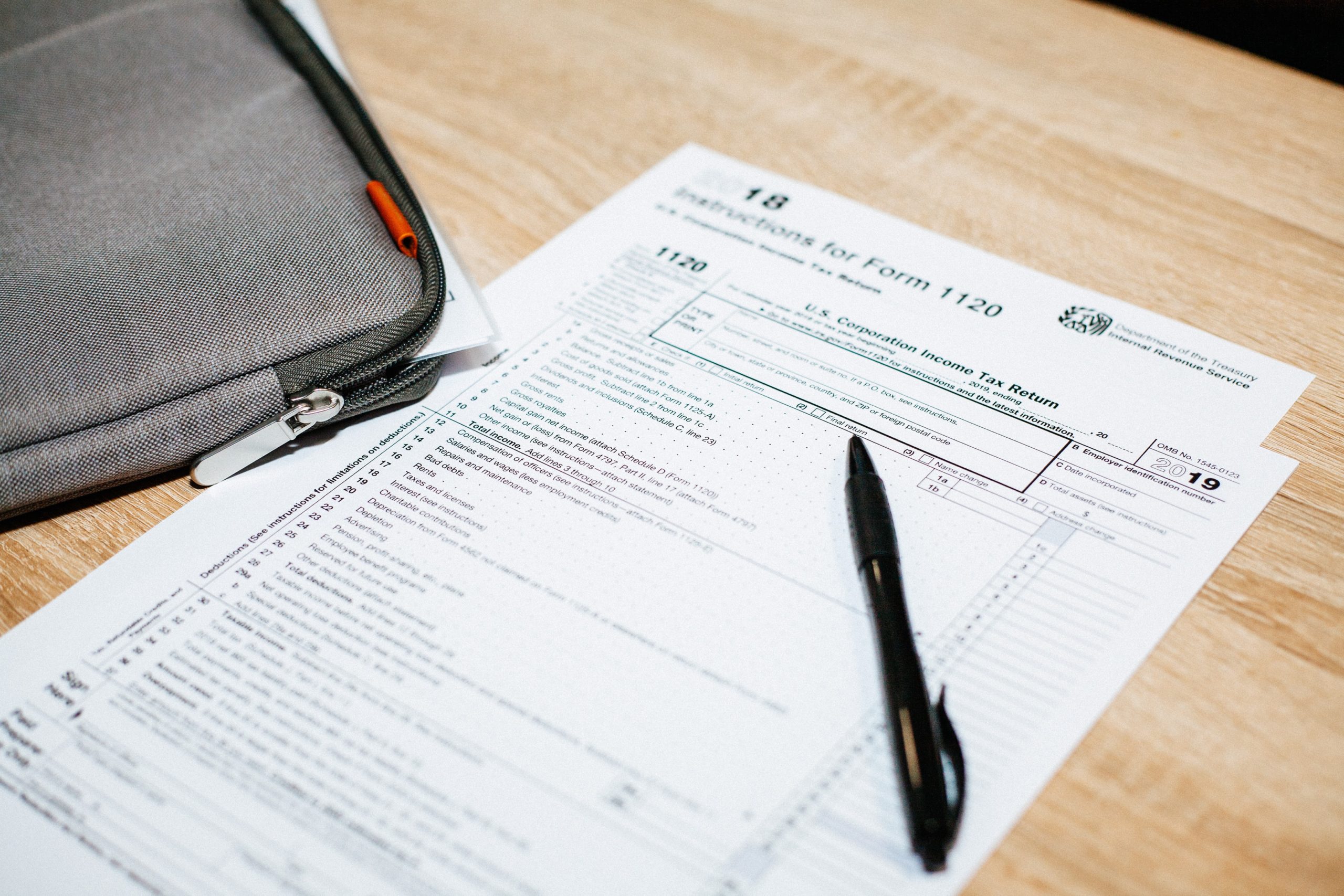In the United States, taxes are calculated on an annual basis. At its most basic level, taxes are paid as a fixed percent of some value. In general, the 3 different types of taxes are based on the following values and at different times:
| Type of Tax | Basis for Calculation | When Calculated |
| Taxes on what you earn | How much you earned (income from paychecks, investments, sale of a home / car, etc.) | Rough estimates with every paycheck Final calculations in the first few months after a calendar year ends (i.e., by April for income earned the previous year) |
| Taxes on what you have | How much what you have is worth (value of a house, car, etc.) | Varies by location – generally, when the value of property is assessed / determined |
| Taxes on what you buy | How much you spent on goods and services | Every time you make a purchase |
Taxes on what you buy
Let’s start with the example of sales tax – a standard “tax on what you buy.” Currently, most states have stade-wide sales taxes and many local municipalities have additional sales taxes. Sales taxes are applicable to the sale of a wide range of tangible goods, with some exceptions for food, clothing, or other essentials (varies by state).
As of 2022, sales tax in New York City totals 8.875% of the purchase price of a good. If you were to purchase a new TV for $500, your receipt would include the following breakdown:
| $500 | Cost of TV |
| + $44.38 | $500 x 8.875% tax |
| $544.38 | Price paid including tax |
Some products or services are taxed specifically at the time of purchase:
- Taxes on alcohol
- Taxes on tobacco
- Taxes on hotel occupancy
Taxes on what you have
There are some taxes that are based not on income or purchases, but based on what you already have. The best example of this is property taxes. This is a primary way that local governments raise revenue.
Property taxes are based on the appraised value of property and paid every year based on timelines specific to the location. What this means is that individuals who own property in an area pay a certain amount in taxes each year because they have access to government services as residents of that area (e.g., road maintenance, local school districts, police & fire departments).
Calculation of property taxes varies significantly by location. The process works as follows:
- The local government will assess the value of all properties in the area
- The property tax is calculated as assessed value x tax rate
- The property owner pays that calculated tax to the local government
If you rent and do not own a home, you do not have to worry about paying property tax! Your landlord will take care of that. However, this does not mean that property taxes are irrelevant to renters – all costs associated with owning a rental property (including property tax rates) are likely to factor into the rent charged to tenants. Which means that if property tax rates increase in an area, landlords may increase rents to pass through that cost.
Taxes on what you earn
The most commonly discussed tax rates are income tax rates – that is, taxes that you owe the government based on how much money you earn. Taxes owed are based on a wide number of factors:
- How much money you make
- The source of your income
- Where you live
- Where you work
- Whether you are married or single
- Whether you have dependents
- Whether you have donated money to charities
- Whether you sold your home
- Whether you are paying off a mortgage on your home
- Whether you made or lost money on investments
- Whether you made or lost money on investments in previous years
- And more
We’ll say it outright – income taxes can be incredibly complicated. The federal tax code alone is over 70,000 pages long. Accordingly, many people consult tax professionals each year to make sure they calculate and pay their taxes correctly.
Let’s start with the basics and dive into the details in another article:
- You pay income tax on the income you earn
- Every time you receive a paycheck, a certain amount will be withheld (removed before you get it) to start paying the tax you are expected to owe at the end of the year
- After each year, you will receive tax documents from your job that explain how much money you earned and how much tax you paid to the federal, state, and local governments
- After each year, you collect those tax documents from a variety of sources and calculate exactly how much tax you were supposed to pay based on IRS formulas, and file a “tax return”
- If you did not withhold enough money from your paychecks, you may owe money to the government
- If you withheld too much money from your paychecks, the government will send you a check for the amount you overpaid



